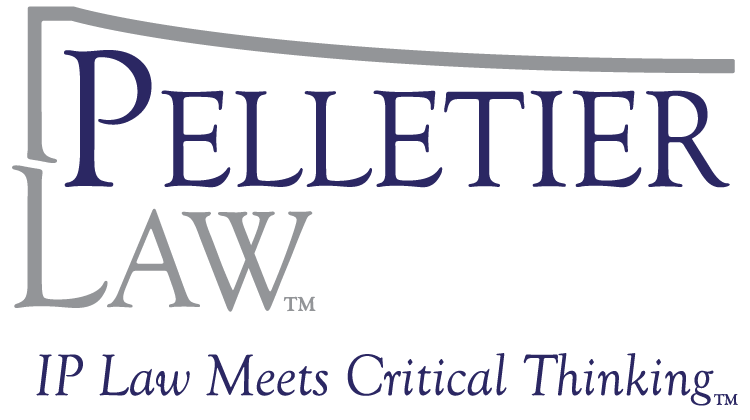Waymo v. Uber: Trade Secrets Matter And Unauthorized Acquisition Alone Can Justify Damages
Waymo LLC v. Uber Technologies, Inc. (N.D. Cal., Case No. 3:17-cv-00939) is garnering a lot of headlines because trade secrets matter. How much do they matter? According to Waymo, it is, or at one point was, entitled to $ 1.86B in trade secret damages.
Of course, to obtain any award of damages, Waymo first has to prove the Defendants’ — i.e., Uber Technologies, Inc.’s, Ottomotto LLC’s and Otto Trucking LLC’s (collectively, Uber’s) — liability.
In recently filed papers relating to jury instructions, Waymo asserts that it “has repeatedly asserted improper acquisition as an independent basis for Defendants’ liability.… At trial, therefore, misappropriation by acquisition will be a valid theory of liability that justifies both injunctive relief and damages. The jury should accordingly be instructed that acquisition alone can serve as the basis for liability under both the CUTSA [California Uniform Trade Secrets Act] and DTSA [federal Defend Trade Secrets Act].” (Docket No. (DN) 2077, p. 3.)
On the other hand, Uber asserts that “Waymo’s damages expert calculates damages solely based on Defendants’ alleged use of the Alleged Trade Secrets.” (DN 2076, p. 2 (emphasis in original).) Thus, “[t]he jury should not be led to believe that acquisition alone could be a form of misappropriation that could lead to damages.” (DN 2076, p. 10.)
Let’s assume that Waymo, through its damages expert, properly has disclosed and calculated damages based on misappropriation through, for example, unauthorized acquisition alone. Under those circumstances, Waymo should be permitted to attempt to prove, at trial, damages corresponding to unauthorized acquisition alone.
More specifically:
(1) Applicable law (a) recognizes that trade secret misappropriation can arise through unauthorized acquisition, disclosure or use and (b) sets forth the types of damages available for misappropriation. See, e.g., 18 U.S.C. §§ 1836(b)(3)(B), 1839(5); CUTSA, §§ 3426.1(b), 3426.3.
(2) Further, fundamental intellectual property (IP) rights include rights to control and benefit from the IP, even if those rights are not exclusive. Thus, if a misappropriator wrongly acquires a trade secret, the trade secret owner’s rights to control and benefit from its trade secret have been lost or reduced and the trade secret owner deserves to be compensated accordingly.
(3) As to real world examples, a trade secret owner’s existing contracts, such as licenses for the trade secret, supply contracts for a product made with the trade secret, joint development agreements where the trade secret is contributed capital, investor agreements that were executed because of the trade secret and loan agreements where the trade secret is collateral could all be negatively impacted, i.e., the trade secret owner could sustain actual loss, as a result of misappropriation by wrongful acquisition. Under such circumstances, corresponding damages should be awarded to the trade secret owner. Indeed, even if the misappropriator is required to return or destroy any copies of the trade secret it has, such actual loss still could be incurred and such damages still could be awarded.
(4) Finally, negative know-how, i.e., what not to do or use, can be a trade secret. See, e.g., UTSA, Comment to § 1. If such a trade secret wrongfully is acquired, the misappropriator can be unjustly enriched. For example, the misappropriator could avoid substantial investments of time and money in research, development and engineering. The trade secret owner would be permitted to attempt to prove such unjust enrichment and obtain a corresponding damages award.
In sum, damages are available for misappropriation through unauthorized acquisition, disclosure or use. There is no prohibition –- and there should not be any prohibition — on a legitimate damages theory based on misappropriation through “only” wrongful acquisition.

Leave a Reply